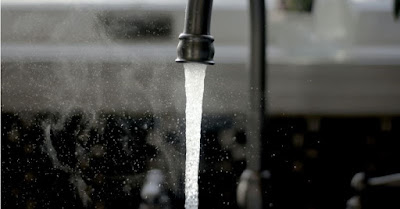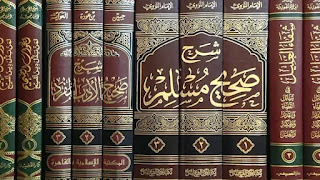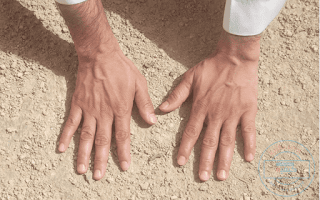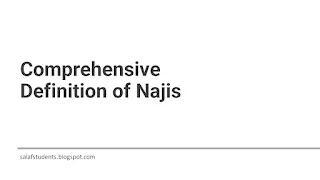The Law of Origin of Water - Hadith Number 2 Bulughul Maram

From Abu Sa'id al-Khudri (r.a) that the Messenger of Allah (s.a.w) once said: "Indeed water is pure and purifies, there is nothing that makes it unclean." (Mentioned by al-Tsalatsah and judged valid by Imam Ahmad)
Meaning of Hadith
Water does not become unclean because something has fallen into it. This hadith tells the story of the Buddha's well, which is a well that is used to dump cloth used to wipe menstrual blood, dog carcasses, and everything that smells bad. The meaning in question is that people always throw these objects from behind their homes. This garbage is then carried by the flood and washed away to reach the Buddha's well because the well is located on low land. There is a lot of water so he is not polluted by these dirty things. The companions then asked the Messenger of Allah (s.a.w) about the status of the Buddha's water so that they would know whether it was holy or unclean. Rasulullah (s.a.w) then replied that the water is pure, there is nothing that makes it unclean.
Elements of Fiqh
The scholars disagree about the law of water when mixed with unclean, while one of its characteristics has not changed.
Imam Malik thinks that the water can purify, a little or a lot because it is based on this hadith and he decides that it is no longer holy if the water has changed one of its characteristics because of the najis.
The Shafi'i, Hanafi, and Hanbali schools argue that there is little water that is polluted by absolute najis and a lot of water is not affected by najis unless one of the three characteristics changes, namely color, taste, or smell. However, they still disagree about the limits of the little water and the lots of water.
The Shafi'i school and the Hanbali school say that little water is water that is less than two qullahs, while large water is water whose amount reaches two qullahs or more. They think so because they adhere to the hadith that states two qullahs, then they make it as mukhasis (specializing) this hadith which means absolute (general).
The Hanafi school says that a little water is a water that is less than 'asyrun fi 'asyrin, while a lot of water is the opposite.
Hadith narrator
Abu Sa'id al-Khudri (r.a) is Sa'ad ibn Malik ibn Sinan al-Khudri. He took the oath of allegiance to the Prophet (s.a.w) under a tree and participated in every battle after the battle of Uhud. He was one of the scholars from among the companions and narrated 1,170 hadiths, died in 74 Hijriah at the age of 86 years.
Glossary Explanation
Qullah is a large water container made in the city of Hajar, its contents are approximately 500 Iraqi rithl, or 446 3/7 Egyptian rithl, or 93 sha 'and 3 mudd, or 5 Hijaz qirbah, which is 10 shafihah.
'Asyrun fi 'asyrin means a lot of water where when someone moves on one of the edges, the water waves do not reach the other side.




